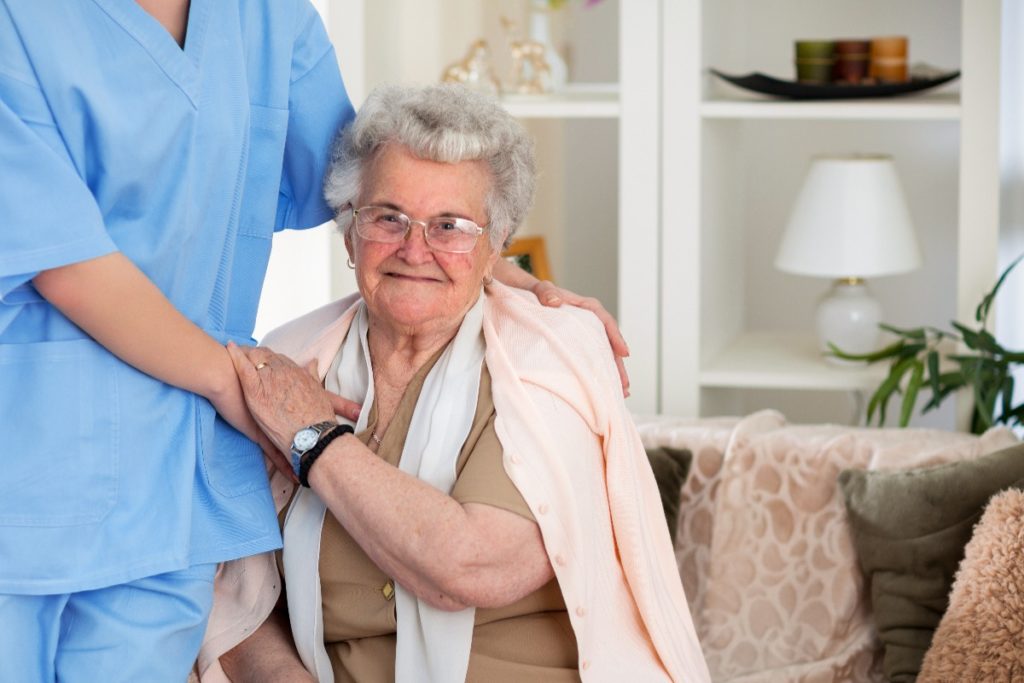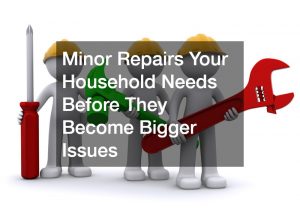Data from the U.S. Census Bureau show that as of 2019, 16.5 percent of the population was 65 years old and older. The 2019 Population Estimates report released by the U.S. Census Bureau on June 25, 2020 shows that from 2018 to 2019, people aged 65 and older grew in number by about 1.689 million or 3.2 percent. In 10 years, from 2010 to 2019, the number of people aged 65 and older grew by about 13.787 million or 34.2 percent.
The growth in the sector of the elderly comes mostly from the Baby Boomer generation, a term for those born from 1946 to 1964. In 2011, the first batch turned 65 and 10 more batches crossed that age by 2020. One more batch is turning 65 in 2021. The 2017 National Population Projections report of the U.S. Census Bureau, revised in October 2019, states that by 2030, 20 percent of the population will be over 65 years old. By 2034, the number of people aged 65 and older will reach 77 million and outnumber the 76.5 million people below the age of 18 for the first time in U.S. history.
Rights of the Elderly
Human Rights Watch (HRW) noted that the Covid-19 pandemic highlighted violations of the rights of the elderly and exposed widespread ageism or discrimination by age. Claudia Mahler, a United Nations (UN) Independent Expert on the enjoyment of all human rights by older persons, submitted a report to the international body stating that there was global discrimination in health care services, nursing homes were not sufficiently prioritized in Covid-19 responses, and lockdowns left the elderly in greater vulnerability to abuse or neglect.
According to the Centers for Disease Control and Prevention (CDC), 80 percent of Covid-19 fatalities in the U.S. were people aged 65 and older. Data from the Kaiser Family Foundation as of June 3, 2021 show that Covid-19 fatalities in long-term care facilities comprise 32 percent of total Covid-19 fatalities.
In January 2021, the New York Attorney General released a report on investigations into over 20 nursing homes throughout the state from March 2020. Findings showed that the number of Covid-19 deaths among elderly residents was undercounted by about 50 percent. Some nursing homes failed to comply with infection control policies, had low staff ratings, and did not follow orders requiring communication between residents and their families, thus, causing pain and distress.

HRW states that the government must create more oversight and penalize nursing homes that do not control infections, tolerate abuse, and have inadequate staffing. It takes exception to almost 30 states that have laws granting immunity to nursing homes against Covid-19-related lawsuits.
HRW further states that the elderly must be able to choose whether to live in a nursing home. They must have access to adequate health care and community services where they live and safely have a livelihood or pension.
Legal Recourse of the Elderly
The elderly can put their wishes in writing to protect their rights even if they fall sick and are unable to communicate. They can draw up legal documents with the help of trust and estate attorneys. These include the appointment of a health care proxy who will make medical decisions when they are incapable of doing so, as well as a living will that specifies the end-of-life care they want and whether they agree to life-sustaining measures when there is no probability of survival.
They can draw up a revocable trust to control their assets while they live and designate how these will be distributed after they pass away. On the other hand, they can draw up an irrevocable trust so that they can qualify for Medicaid and do not have to liquidate their assets for assisted living or long-term care if they choose these. The elderly must make the choice while they are still able to.
Aging in Place
Most of the elderly prefer to age in place, independently or staying with their families as they grow old. Many families prefer to care for their elderly, as well. The National Council on Aging (NCOA) states that about 40 million people in the U.S. are taking care of family members who are elderly or adults with disabilities. They do this without pay and while they also hold jobs and have other family duties.
Many benefit packages can support the elderly who are living alone or with their families. These are especially helpful for those who do not have enough assets. The NCOA BenefitsCheckUp page provides information about thousands of programs that help pay for housing, food, health care, medication, and more.
Self-determinism or the right to determine their way of life is important to people even as they age. They must be able to choose where to live, how to manage their finances, and have access to health care. With their accumulated experiences and wisdom, elderly people are valuable members of their families and communities.





